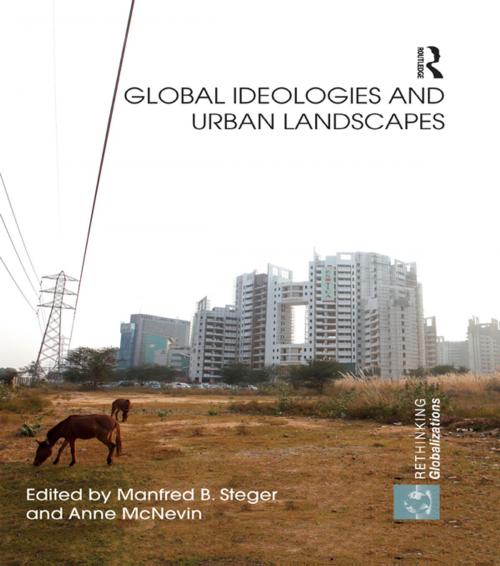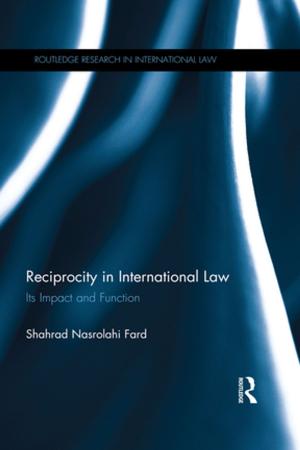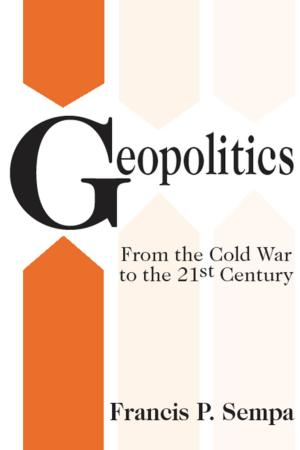Global Ideologies and Urban Landscapes
Nonfiction, Social & Cultural Studies, Social Science, Human Geography, Political Science| Author: | ISBN: | 9781317985730 | |
| Publisher: | Taylor and Francis | Publication: | September 13, 2013 |
| Imprint: | Routledge | Language: | English |
| Author: | |
| ISBN: | 9781317985730 |
| Publisher: | Taylor and Francis |
| Publication: | September 13, 2013 |
| Imprint: | Routledge |
| Language: | English |
How do political ideologies and urban landscapes intersect in the context of globalization? This volume illuminates the production of ideologies as both discursive and spatial phenomena in distinct contributions that ground their analysis in cities of the Global North and South. From Sydney to Singapore, Hong Kong to Hanoi, Las Vegas to Macau, conventional public spaces are in decline as sites of ideological dissent. Instead, we are witnessing the colonisation of urban space by market globalism (today’s dominant global ideology) and securitised surveillance regimes. Against this backdrop, how should we interpret the proliferation of metaphors that claim to communicate the essence of global transformation? In what ways do space and language work together to normalise the truth claims of powerful ideological players? What kinds of social forces mobilise to contest the cooptation of language and space and to pose alternative local and global futures?
This volume poses these questions against the collapse of old geographical scales and cartographic techniques for identifying the contours of civil society. The city acts as an entry point to a new spatial analytics of contemporary ideological forces.
This book was published as a special issue of Globalizations.
How do political ideologies and urban landscapes intersect in the context of globalization? This volume illuminates the production of ideologies as both discursive and spatial phenomena in distinct contributions that ground their analysis in cities of the Global North and South. From Sydney to Singapore, Hong Kong to Hanoi, Las Vegas to Macau, conventional public spaces are in decline as sites of ideological dissent. Instead, we are witnessing the colonisation of urban space by market globalism (today’s dominant global ideology) and securitised surveillance regimes. Against this backdrop, how should we interpret the proliferation of metaphors that claim to communicate the essence of global transformation? In what ways do space and language work together to normalise the truth claims of powerful ideological players? What kinds of social forces mobilise to contest the cooptation of language and space and to pose alternative local and global futures?
This volume poses these questions against the collapse of old geographical scales and cartographic techniques for identifying the contours of civil society. The city acts as an entry point to a new spatial analytics of contemporary ideological forces.
This book was published as a special issue of Globalizations.















